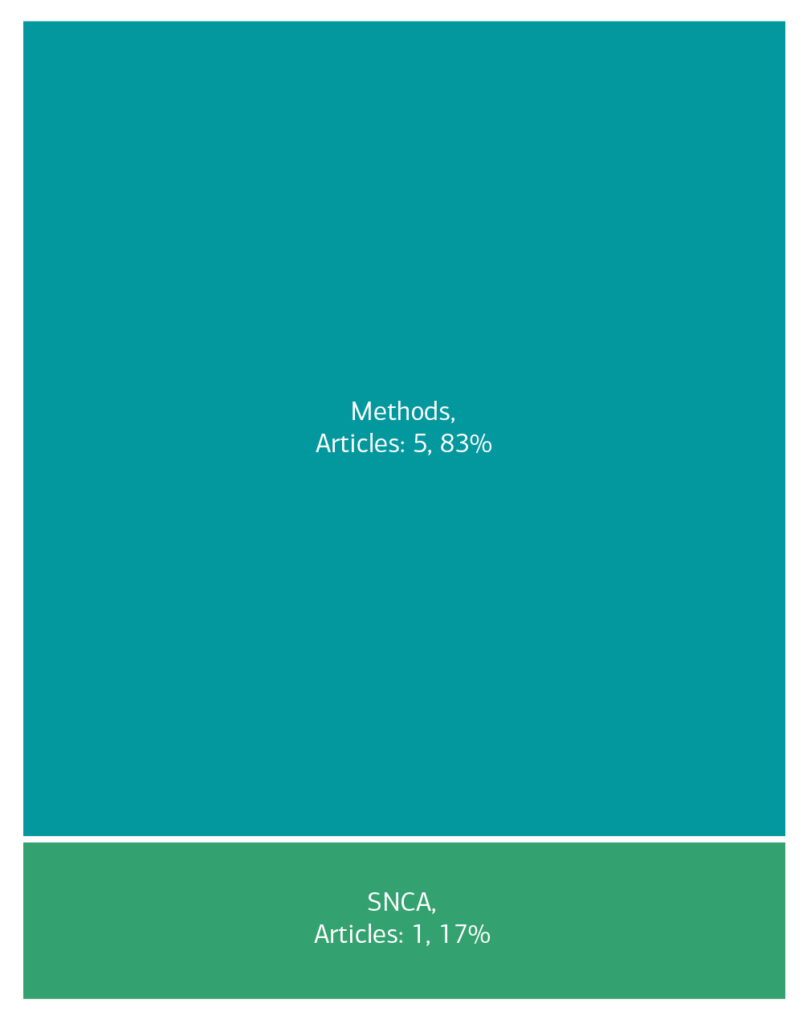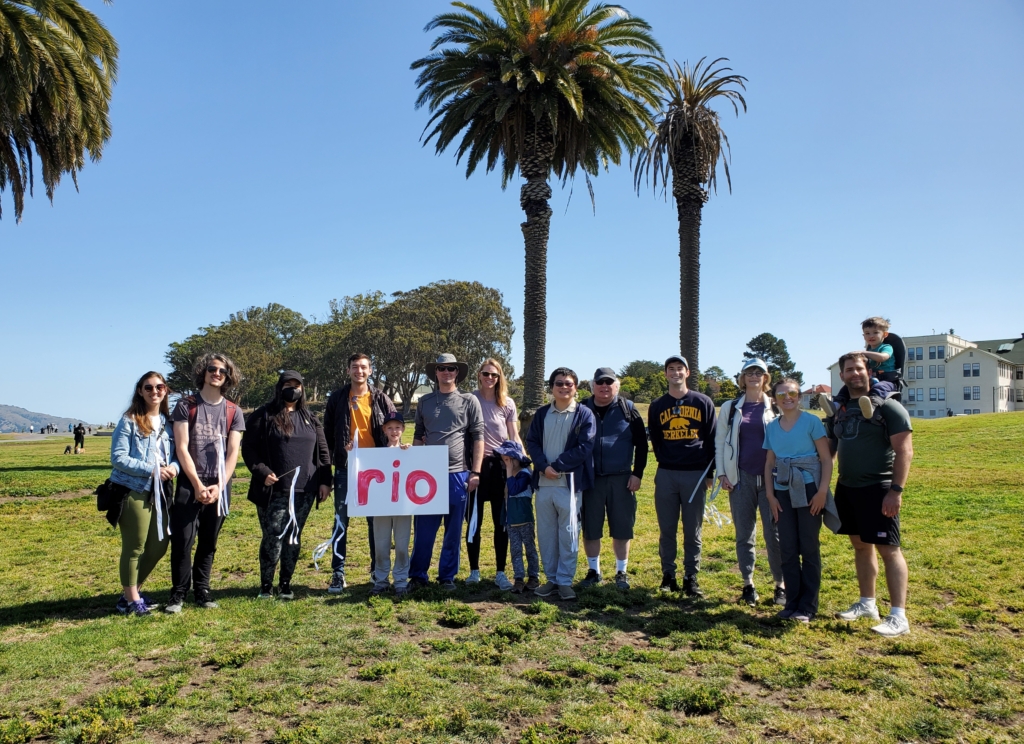PD Functional Genomics | 2020
Dissecting Genetic Interactions of Parkinson’s Disease-associated Risk Loci
Study Rationale: Parkinson’s disease can have multiple complex causes, including genetic and environmental, that are not fully understood. Team Rio will combine modern genetic and human stem cell-based approaches to determine how heritable genetic changes affect Parkinson’s disease predisposition. By identifying how even small genetic changes can compound the risk of developing Parkinson’s disease, Team Rio hopes to identify new ways to detect and treat the disease in the future.
Hypothesis: Team Rio hypothesizes that combining complex human cell culture models such as 3-dimensional brain organoids with sophisticated genome-scale functional analysis will allow the team to elucidate how diverse genetic factors interact and contribute to the risk of developing Parkinson’s disease, thereby informing the development of early detection diagnostics and advanced treatment options.
Study Design: Team Rio will genetically engineer human embryonic stem cells to model the genetic alterations known to increase risk for Parkinson’s disease and turn those cells into disease-relevant cell types such as dopamine neurons. By profiling the gene expression changes caused by these known Parkinson’s disease risk variants, the team will decipher the key molecular signatures that contribute to Parkinson’s disease. Once identified, the team will confirm these genetic signatures in patient samples and validate their effects in animal models.
Impact on Diagnosis/Treatment of Parkinson’s Disease: Elucidating how Parkinson’s disease genetic risk variants affect cell biology has promise to identify disease-specific biomarkers and novel treatment options.
Leadership
Project Outcomes
This project uses state-of-the-art functional genomics approaches to identify gene expression and RNA splicing signatures that may lead to the development of novel pharmacological interventions for Parkinson’s disease or biomarkers for early diagnosis and disease progression. View Team Outcomes.
Team Outputs
Click the following icons to learn more about the team’s outputs:
Overall Contributions
Here is an overview of how this team’s article findings have contributed to the PD field as of May 2025. There are two different categorizations of these contributions – one by impact to the PD community and a second by scientific category.
Impact

Category

Featured Output
Below is an example of a research output from the team that contributes to the ASAP mission of accelerating discoveries for PD.
iSCORE-PD: an isogenic stem cell collection to research Parkinson’s disease
Genetically engineered human pluripotent stem cells (hPSCs) containing specific mutations are a tool that can be used to assess the impact of gene mutations on disease pathology. However, the accurate and efficient introduction of disease-associated mutations into hPSCs remains a challenge. Here, the team introduces an isogenic stem cell collection of 55 cell lines genetically engineered to harbor mutations in genes associated with monogenic PD (SNCA A53T, SNCA A30P, PRKN Ex3del, PINK1 Q129X, DJ1/PARK7 Ex1-5del, LRRK2 G2019S, ATP13A2 FS, FBXO7 R498X/FS, DNAJC6 c.801 A>G+FS, SYNJ1 R258Q/FS, VPS13C A444P, VPS13C W395C, GBA1 IVS2+1).
Team Accolades
- Network Spotlights: Hanqin Li, Oriol Busquets Figueras, Devin Snyder

Other Team Activities
- Interest Groups: GWAS Functional Validation – Don Rio (Past Chair)
In the News
- $14 million boost for Parkinson’s disease research (Berkeley News, September 16, 2020)











